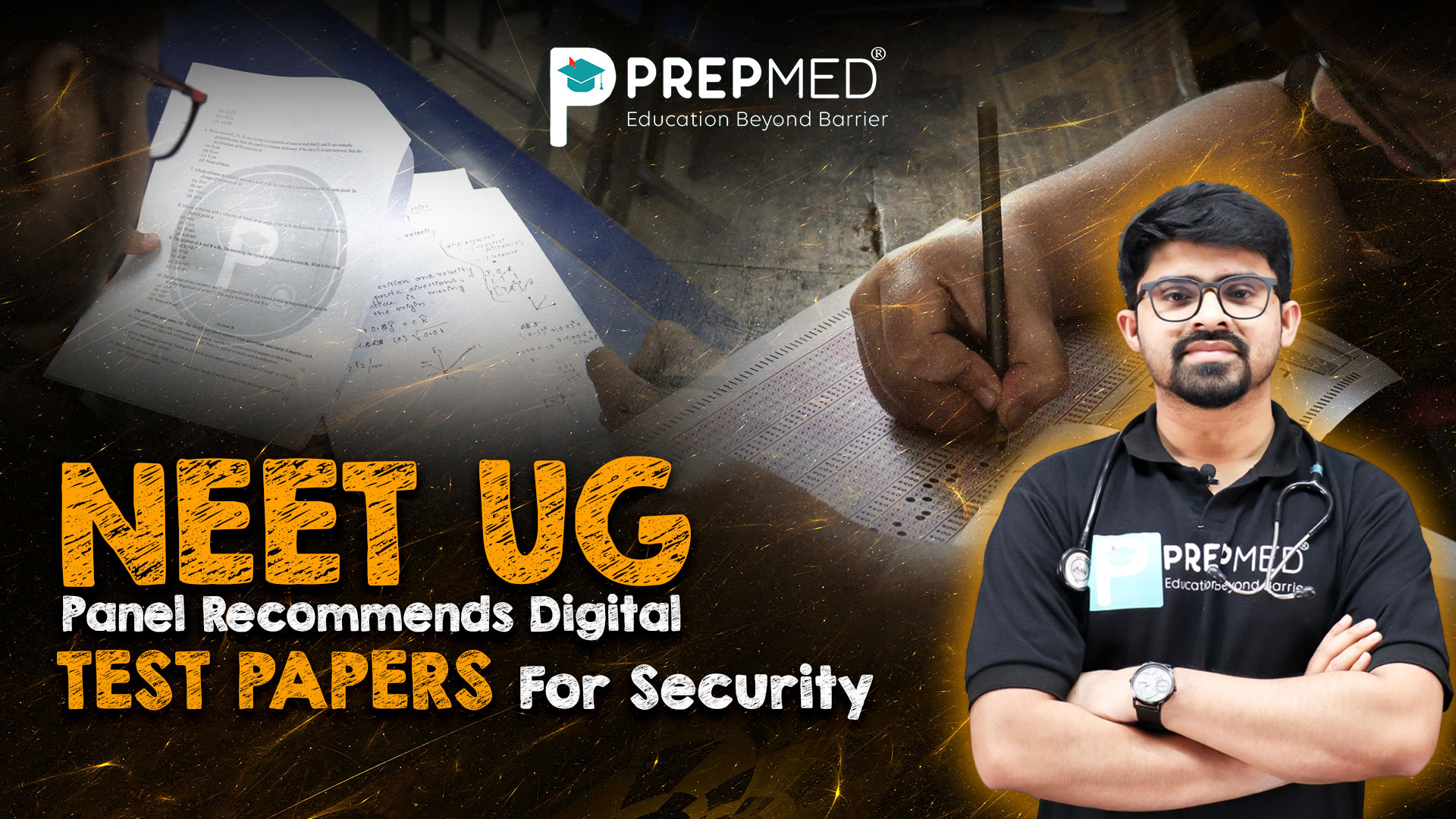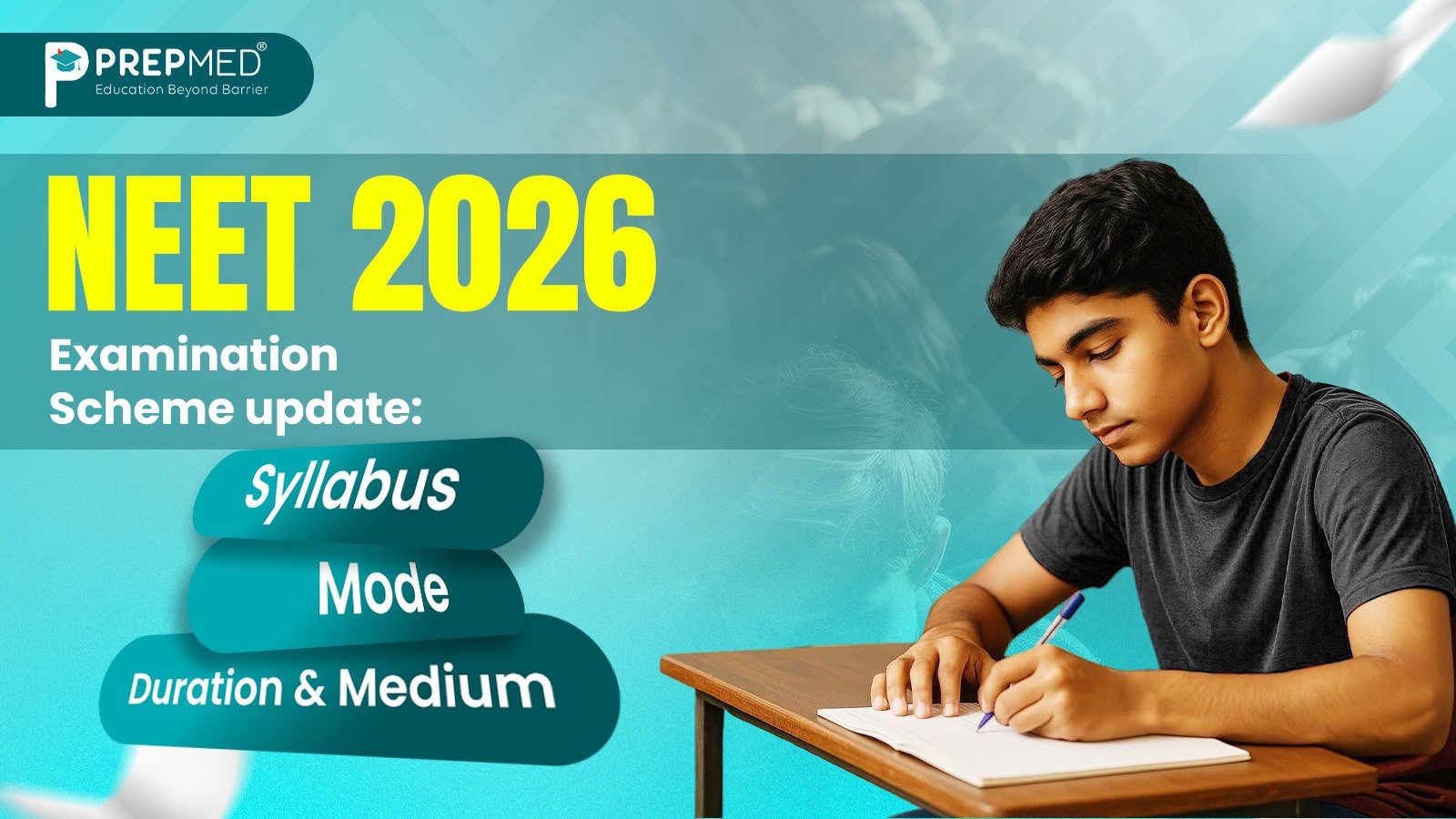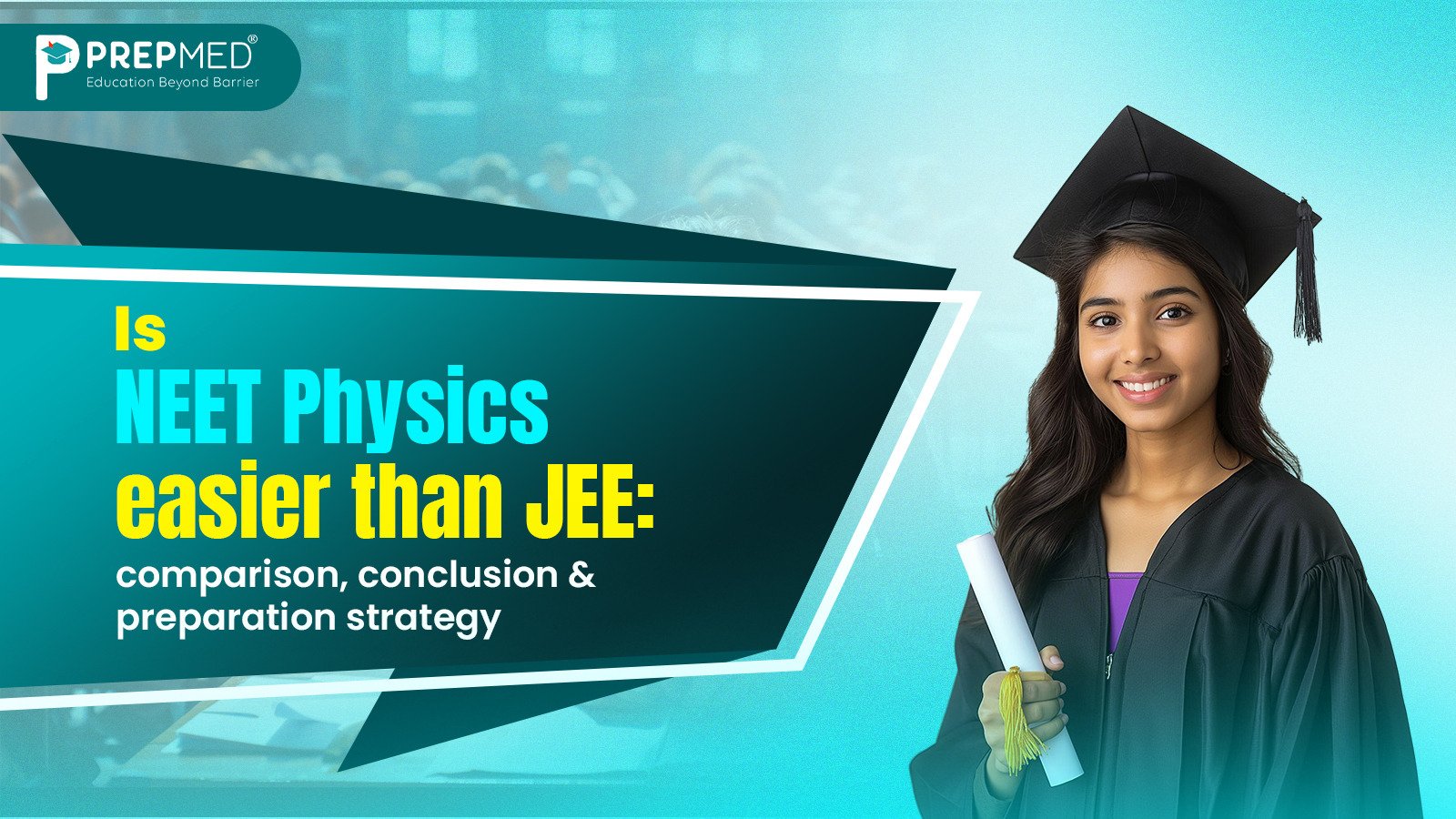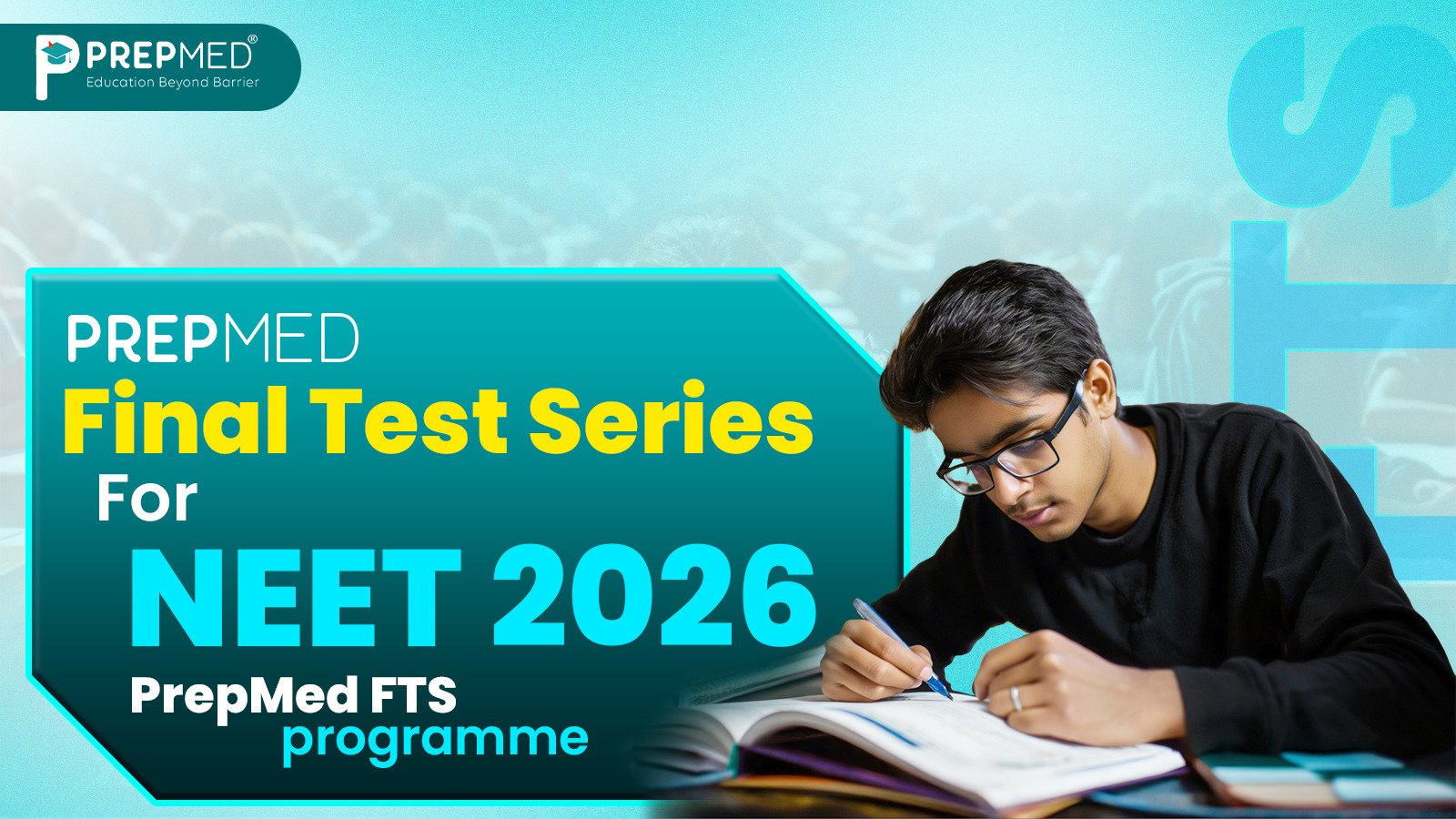November 09, 2024
NEET UG Panel Recommends Digital Test Papers For Security
As we have seen the recent security concerns and controversy regarding the NEET UG 2024, a special NEET UG Panel has been appointed by the government to propose several rules and reforms aiming to protect the integrity of the exam. The Panel led by former head of ISRO, Dr. K. Radhakrishnan has recommended adopting the format of sending digital test papers to the exam centres to minimize the chance of paper leaks and ensure a secured examination process.
This proposed shifting to opting for the digital test format is a part of the strategy to reduce the chances of malpractices and increase transparency of the exam. Sending question papers digitally to the exam centres will reduce the number of third person involvement, thereby preventing the paper leaks. This proposed shift by the panel will strengthen the security and maintain the integrity of education.
What did the panel suggest?
The panel has also recommended opting for the hybrid model. This model follows by sending the question papers digitally and the candidates will record the responses in the traditional OMR sheets. This hybrid model will ensure combining the new digital transmission of question papers with the familiar OMR-based answers. Implementing these proposed technological advancements will ensure a fair examination process and mark a step in securing the integrity of the NEET-UG exam.
The digital test paper format: A new outlook
This recommendation by the newly formed expert team panel for NEET UG to adopt the hybrid exam format will create a transparent and fair examination process thereby providing fair scores and ranks to the deserving students. This will mark a significant step in enhancing the security of the NEET UG exam.
- The thought behind this initiative: The proposal to shift to the digital test paper format is mainly to reduce the security risks and ensure strengthening overall fairness of the examination. The panel hopes that this technique will help to prevent large-scale paper leaks and disruptions that have happened recently. Digital test papers will reduce unauthorized access from unknown users.
- Implementation of the newly proposed format: The proposed method of hybrid model includes sending question papers digitally to the examination centres just a few minutes before the exam, and the students will mark their answers on OMR sheets. This will make sure that the new technological approach does not disrupt the marking of answers.
- The new biometrics: It is also proposed that these innovative new test format will also have biometrics and facial identification technology which will allow secure candidate identification and prevent any unidentified access.
- Presence of required technical infrastructure: Successful implementation of these hybrid exam formats will need advanced technical infrastructure in the examination centres. The exam centres must have a good internet connection to be able to download the question papers and secured computing systems. The staff should be properly trained beforehand to be able to manage any technical glitch that may occur.
- Maintaining integrity: To ensure that the examination takes place in a secured environment, strict rules and measures must be there. This includes end-to-end encryption of question papers and secured controls to prevent unauthorized access and handling. Regular monitoring of the security protocols is crucial to maintain the integrity of the exam.
- Feedback for improvement: Continuous feedback from the students, parents, educators, and exam centres are needed for implementing any changes and refinement to the hybrid model system. Regular feedback and evaluation will ensure that the system is useful, user-friendly, and secure.
- Adapting to the hybrid model: Adapting to these new exam formats will open the door for future innovations in the exam formats. The further prospects might include fully digital examination and advanced proctoring technologies. These advancements will ensure that the examination process in future will be more secure, tamper-proof, and accessible.
FAQS:
1. What will happen if I face a technical glitch during the examination?
There will be trained experts in every examination centres who will guide you in every technical problem. Just make sure you are well-prepared for the exam and excel in it.
2. Will the exam time be reduced in hybrid exam format?
No, the exam time will be the same, i.e., 3 hours and 20 minutes (200 minutes).
3. How will I download the question paper?
The question papers will be sent digitally to all the examination centres to reduce the number of the hands that the question paper passes through.






